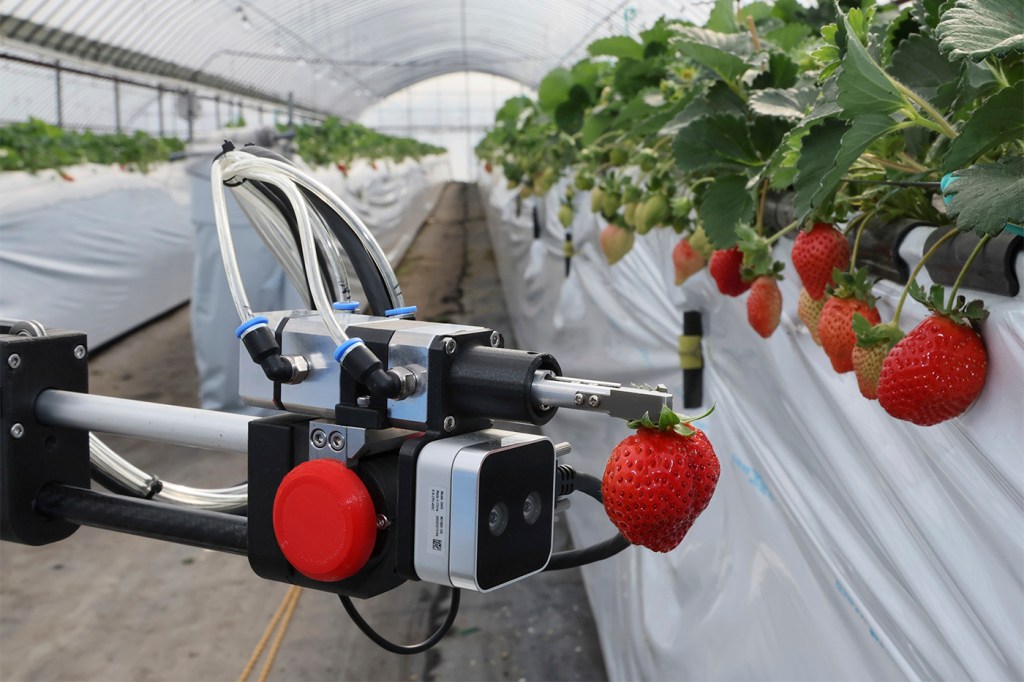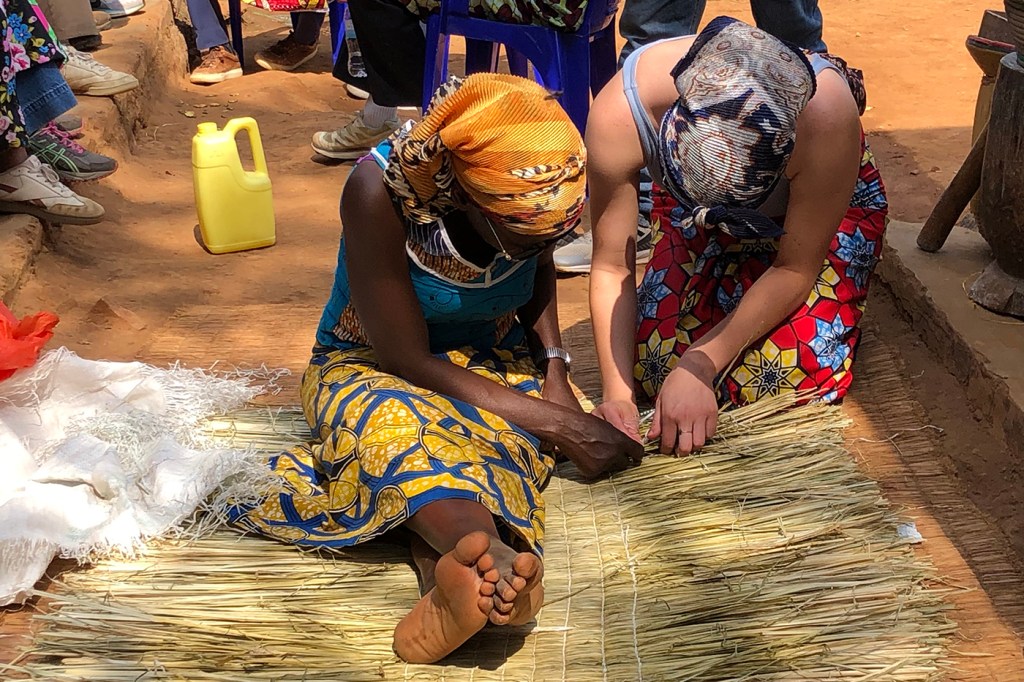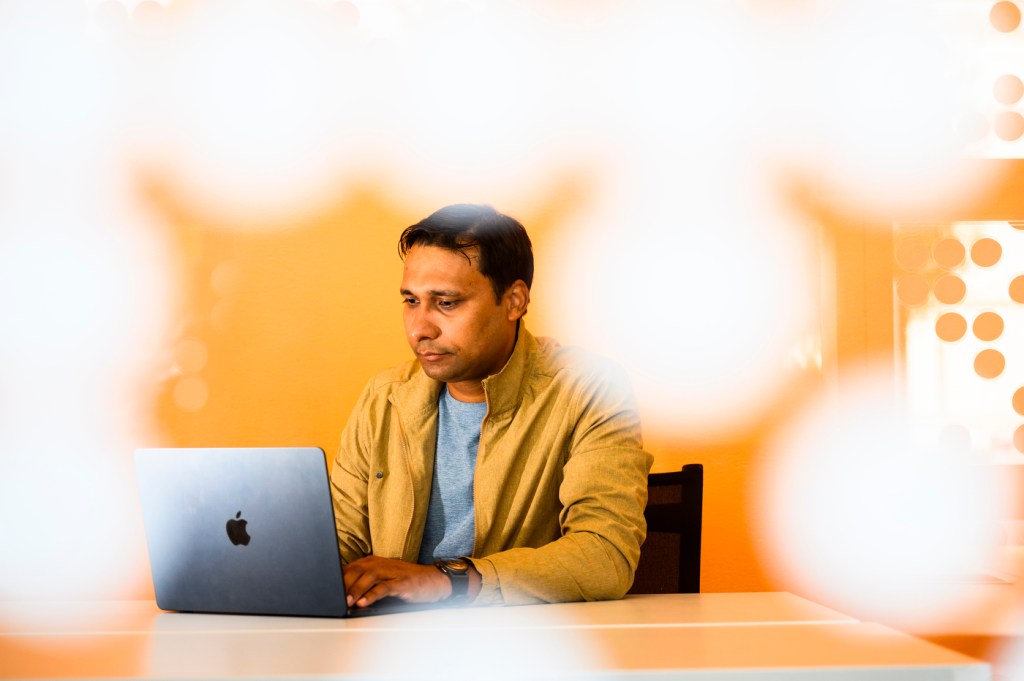CGI U students committed to action, collaboration
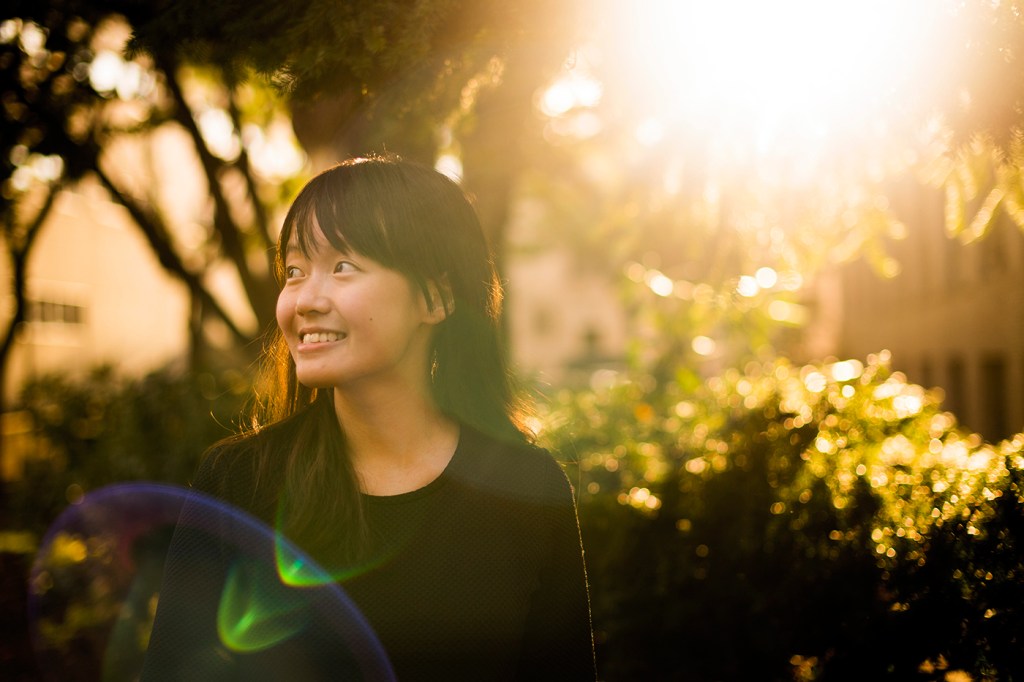
Each of the 1,200 students who participated in this year’s Clinton Global Initative University were committed to making a difference in the world. We caught up with a few—who hailed from as close as Northeastern and as far away as Hong Kong—to learn more about their projects.
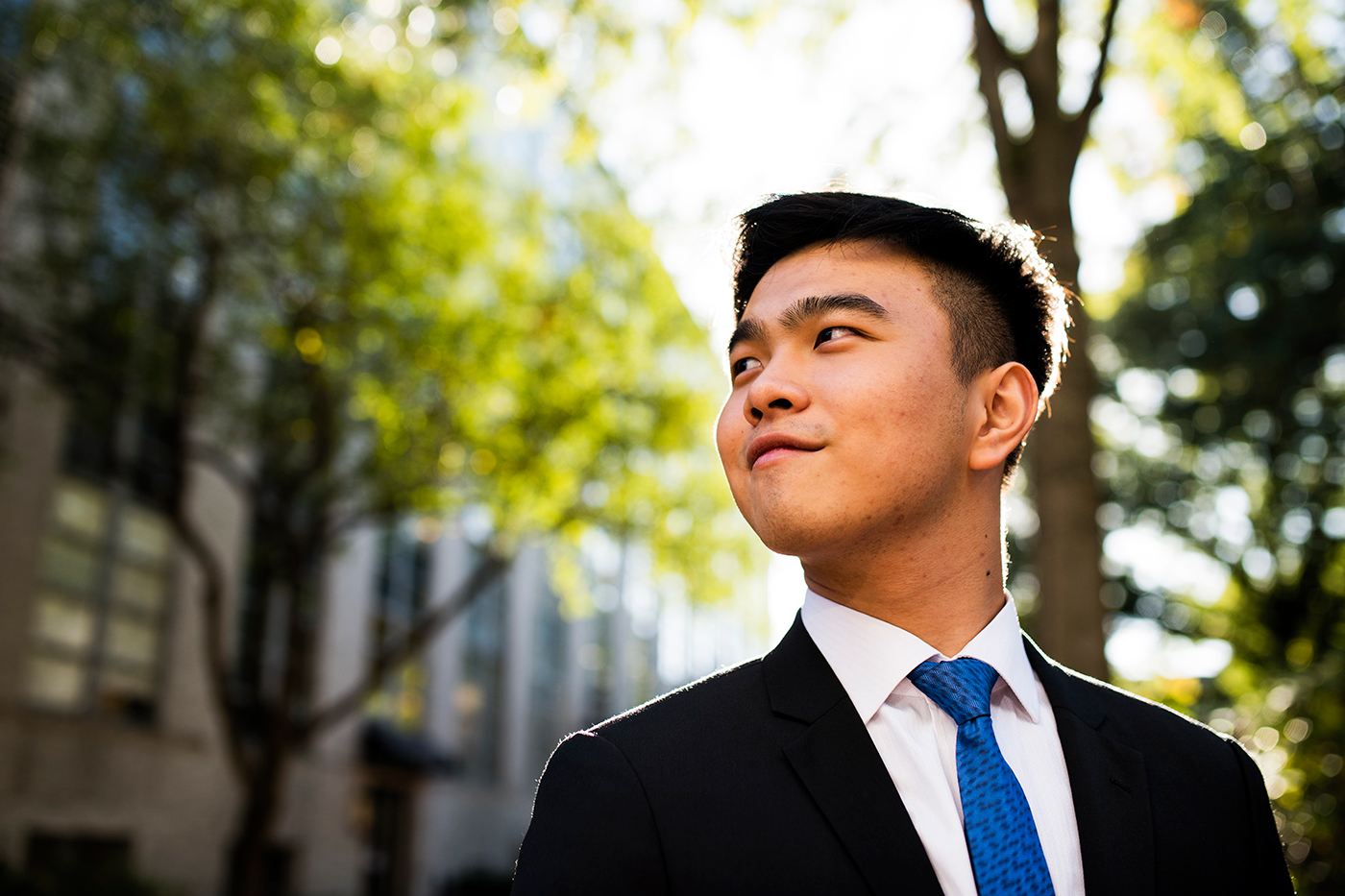
Darian Cheung
Hong Kong Polytechnic University
Cheung’s commitment to action for CGI U involved creating a pathway for refugees to become more enmeshed in Chinese culture, specifically through employment and educational opportunities.“In Hong Kong, refugees have to wait 13 years for a government ID,” he said. “That’s just too long. My plan is to give them opportunities to serve the community in exchange for the food, shelter, and help they need.” Acknowledging the massive global refugee population, he added, “I may not be able to solve the whole problem at once, but I can help solve the consequences of this global issue.”
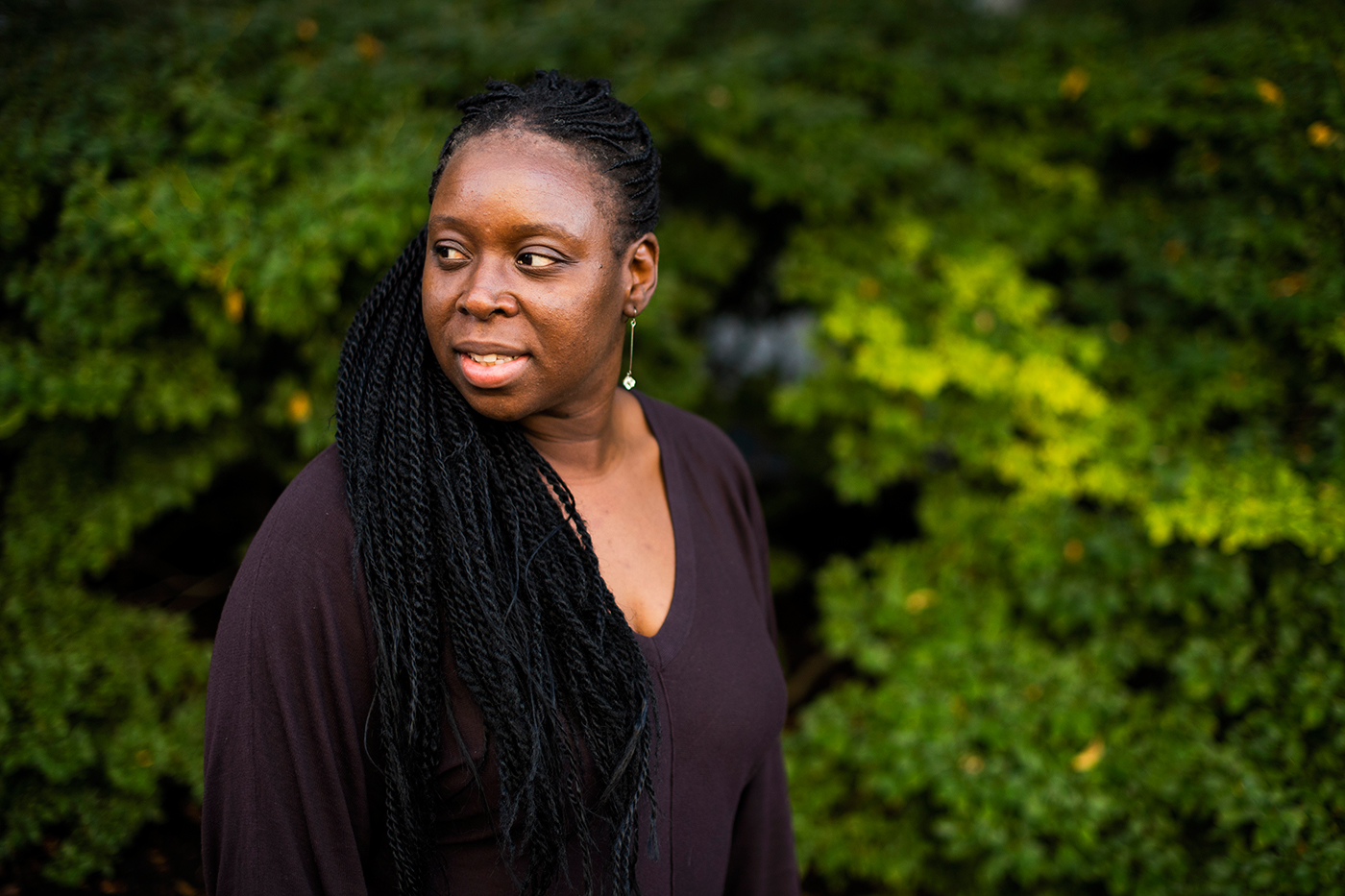
Pauline Pratt
George Washington University
Pratt, who is dedicated to improving the health of mothers and children in Sierra Leone, said she was also looking forward to developing her idea in collaboration with the thousands of other student changemakers at CGI U. “There are so many ways to be inspired this weekend, and I want to take advantage of all of them.”
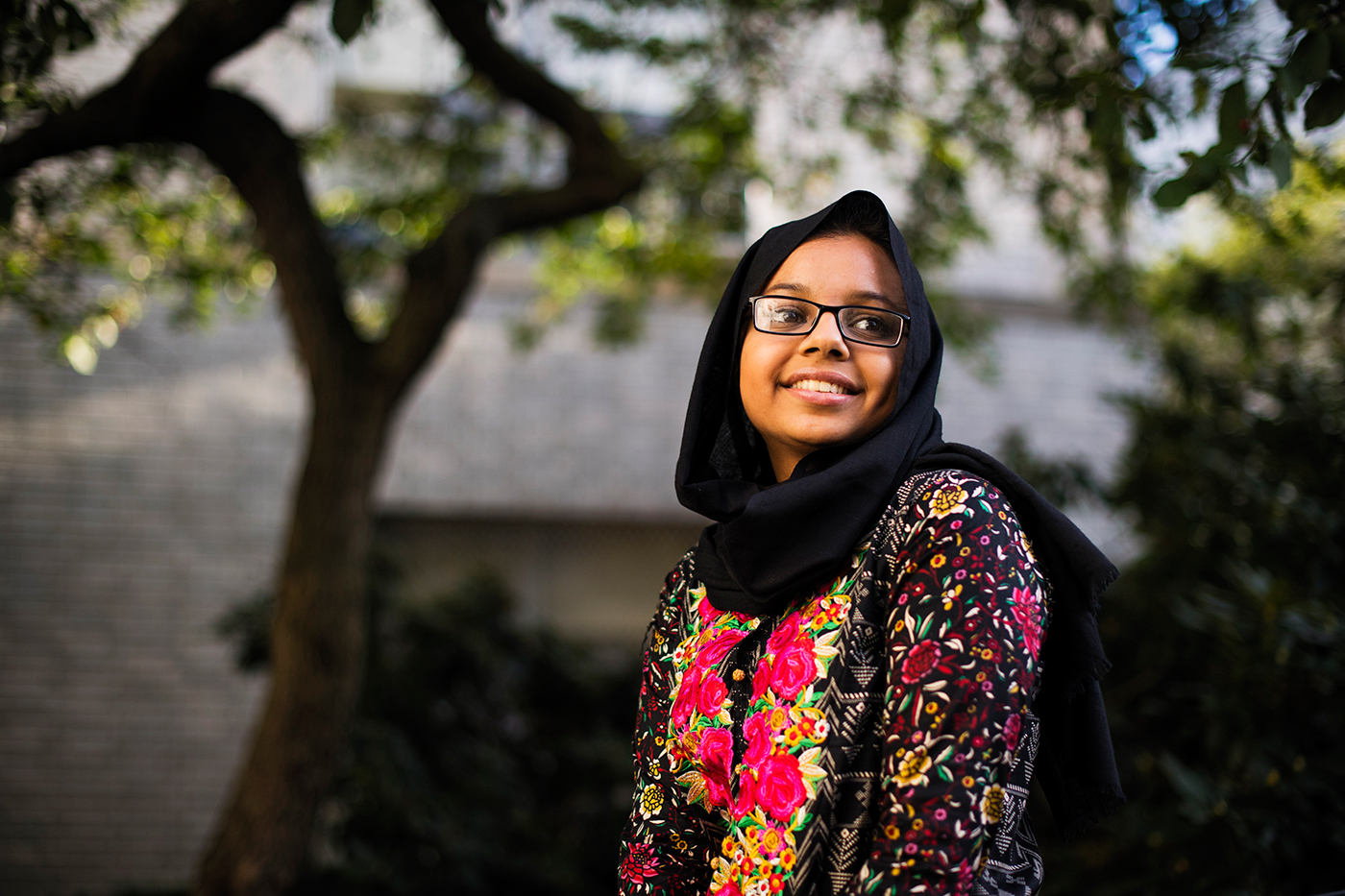
Omeiya Yousuf
Miami Dade College
Yousuf was concerned with resources for students at college. Her CGI U commitment to action focused on developing ecologically sustainable, economically affordable laundromats on college campuses. “By powering what would essentially be a laundromat on campus with solar panels, we can create a space where students can do laundry without spending any money,” she said. “Not being able to afford to clean your clothes impacts students in so many other ways—maybe they’re embarrassed to go to class or interview for a job—and these are things we can fix. Small footprints make a big impact.”
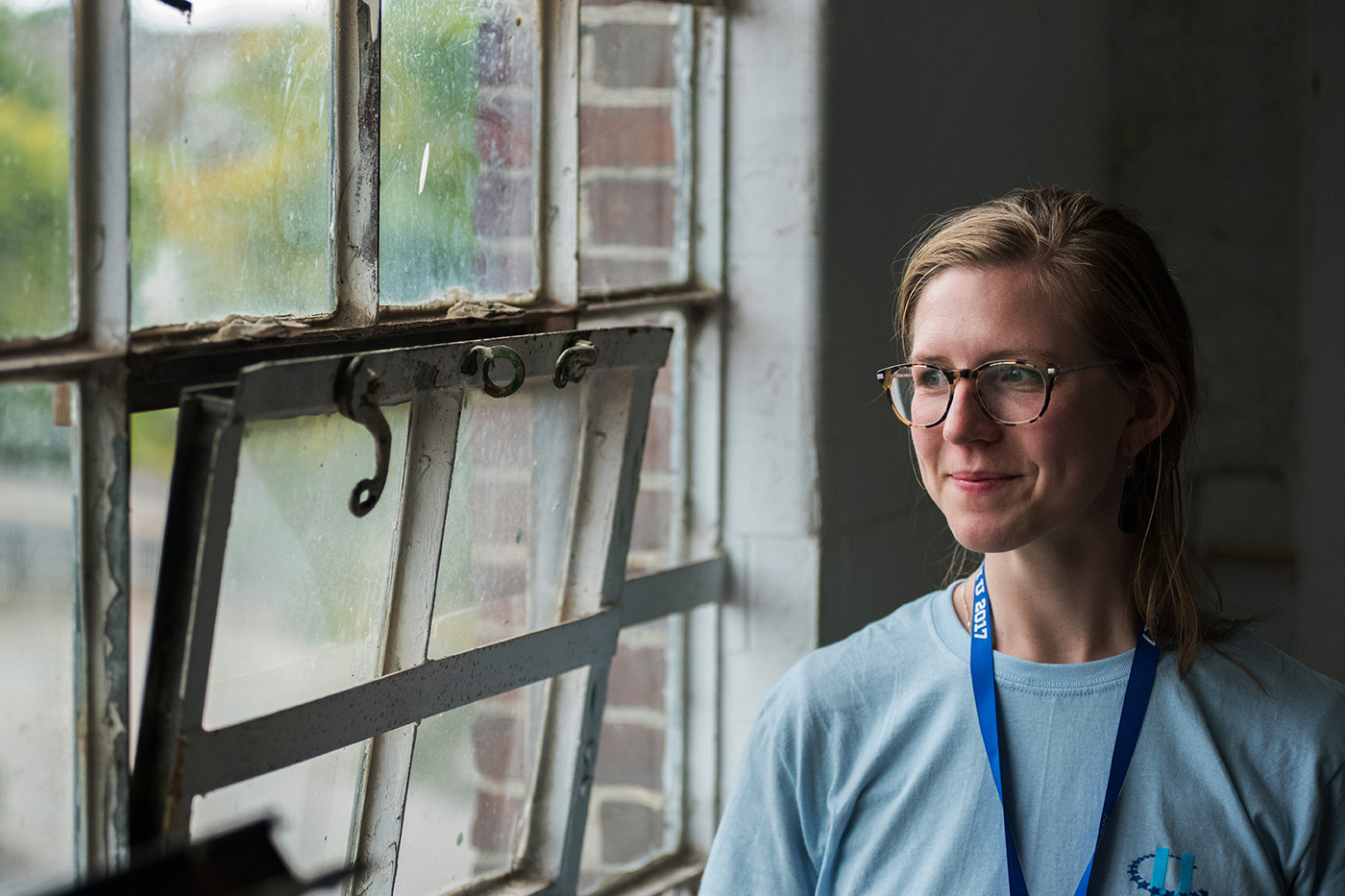
Alice Firebrace
Edinburgh University, Scotland
A social scientist by way of set designer, Firebrace took a creative approach to reducing waste with her organization, Refuse Refuse, Inc. She created an interactive traveling art installation that replicates the waste cycle in Scotland. “The idea is to get people not only to think about recycling more, but to think about their consumption from the beginning as well,” she said. “Our ownership of an item is really only a blip in the lifespan of that item, and so reducing our consumption from the start is a big step in the right direction.”
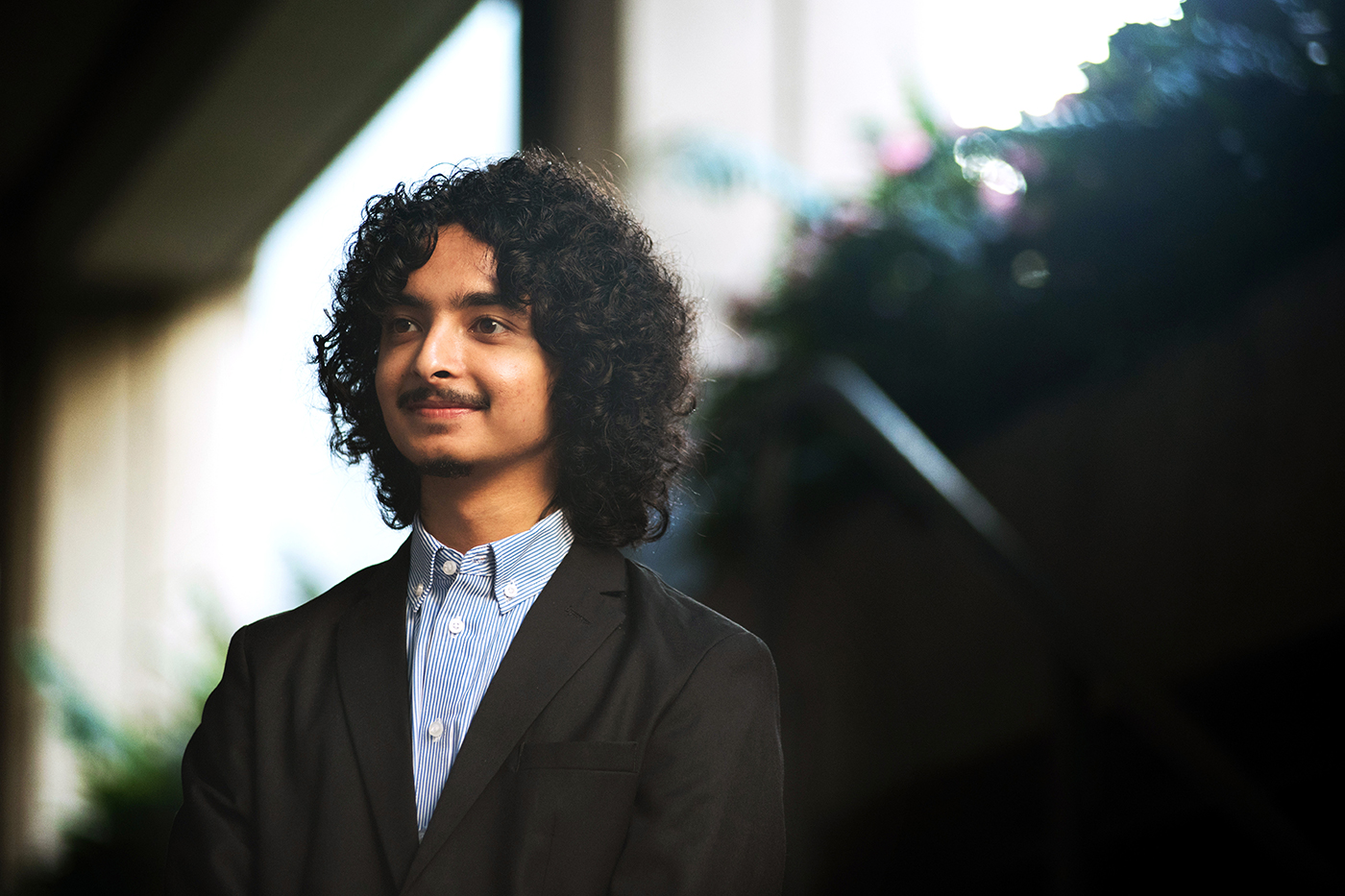
Sam Rawal
Arizona State University
Rawal, who worked on the team that won the weekend’s “Codeathon,” was creating a breakthrough solution for a complex and pervasive problem in rural India: Hospital patients often have disjointed, incomplete medical records. This is typically the result of language differences among different communities or just simply a lack of infrastructure to house files. “But what if there were a unique, biometric way to code these files? Perhaps with a thumbprint? Then records could move with each patient much more easily,” he said.
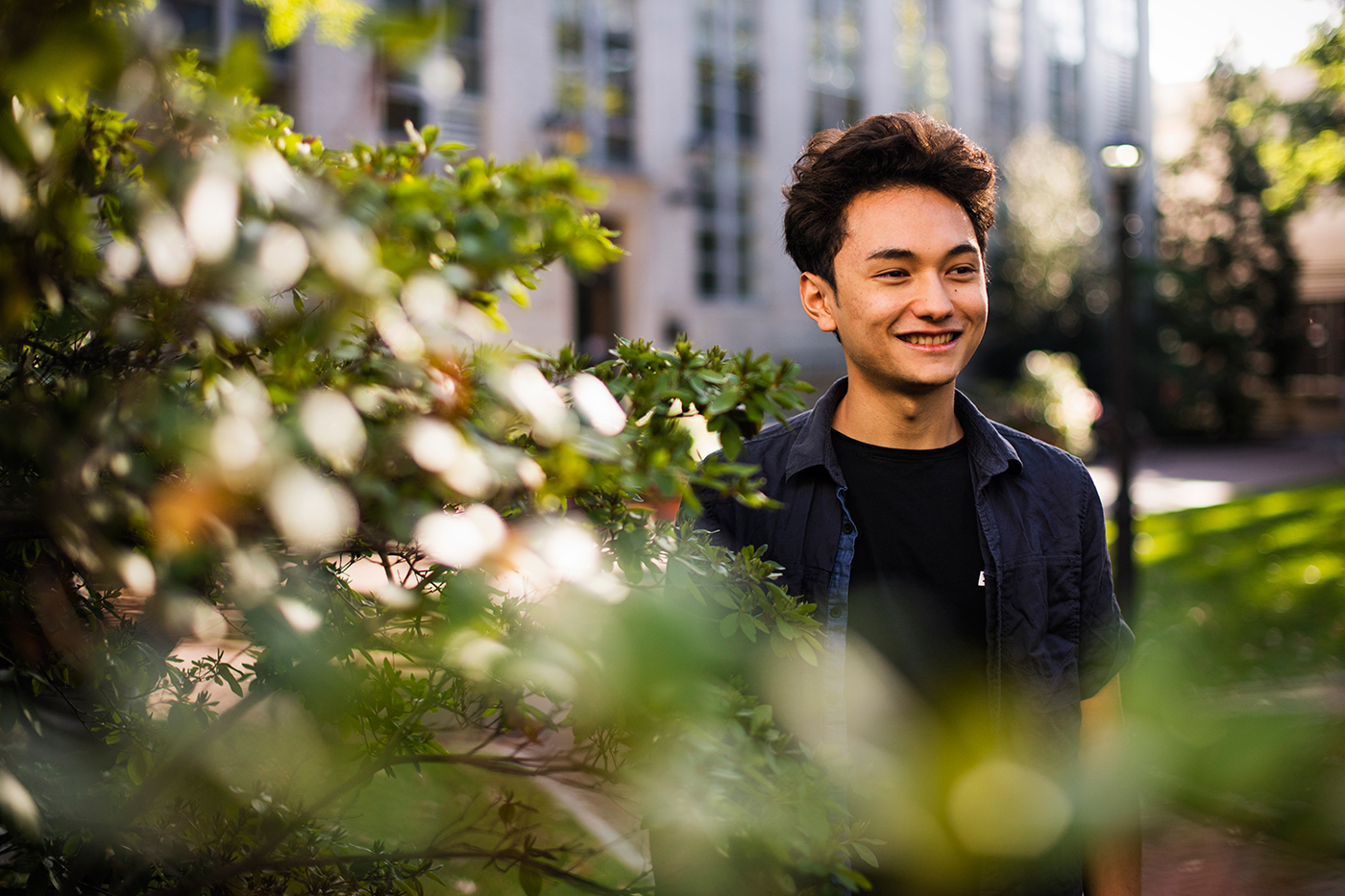
Michael Yared
Eidgenössische Technische Hochschule Zurich
Yared’s work focused on improving educational opportunities for children in developing countries by using technology to deliver lessons more effectively. “We’re trying to build the future of education by creating a system that’s easily deployed and based on experience,” he said.
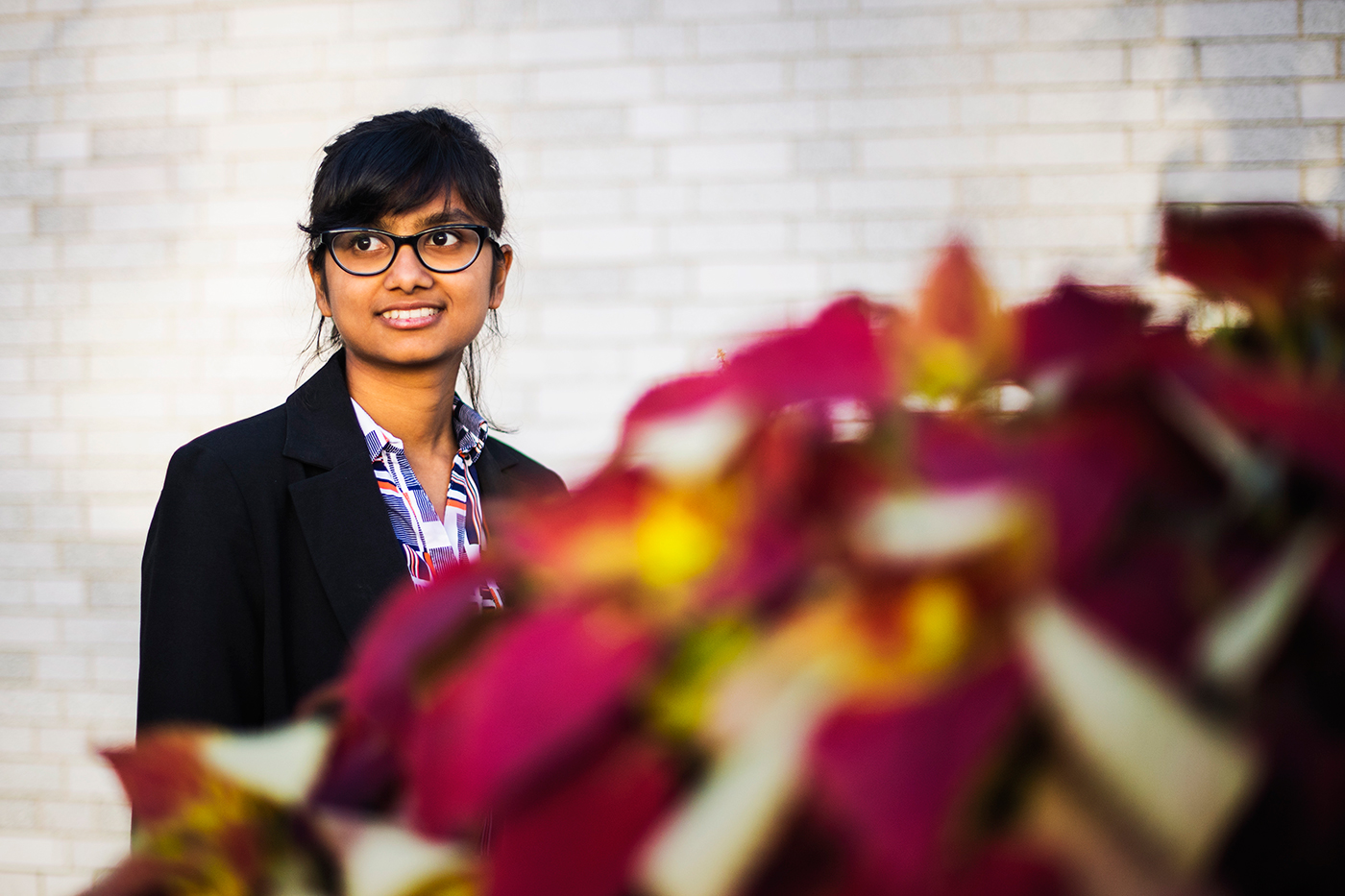
Apurwa Shukla
University of California, San Diego
Shukla focused her efforts on building better sanitation infrastructure in refugee camps. “This is a real problem at many of these camps, and more often than not it leads to serious health issues for refugees,” she said. She, too, was eager to take advantage of the depth of innovative thinking at the event.
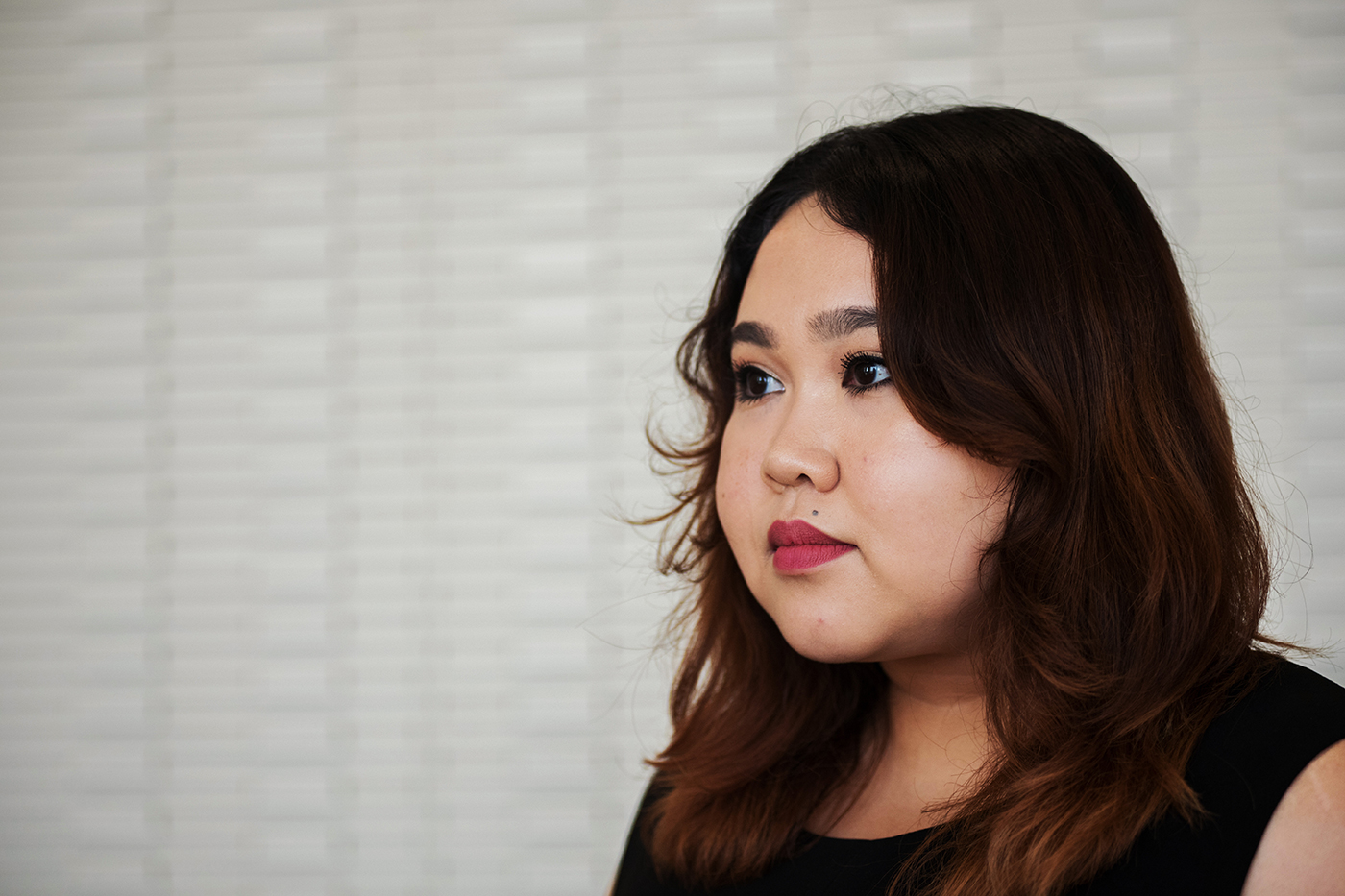
Mai Anh Srisuk
Northeastern University
Srisuk founded Barcode, a platform to combat human trafficking in Vietnam specifically and Southeast Asia at large. It’s a topic that’s personal, as her mother was kidnapped at a young age in Vietnam. “She made it out alive, but not everyone is so lucky,” Srisuk said. “I’m trying to create a pathway for funding, as many of the non-governmental organizations dedicated to this sort of work simply don’t have the funding they need to rescue the women and girls in danger.”
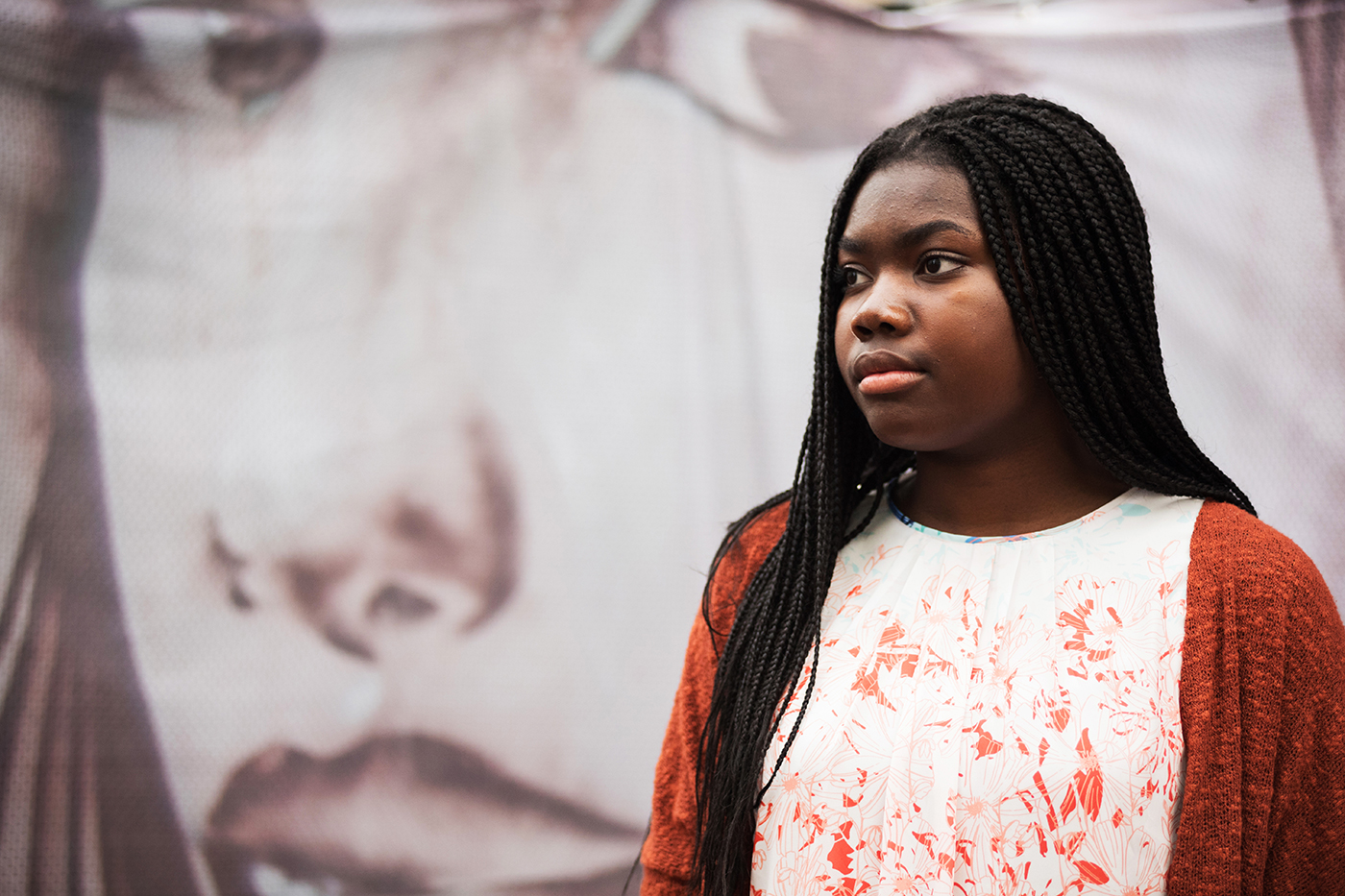
Edna Teiko-Awere
University of Alabama, Birmingham
Teiko-Awere was committed to bolstering mental health services on college campuses. “So many students either don’t know about ways to maintain good mental health or don’t know where to find help when they need it,” she said. “These services could be better packaged to deliver them straight to students.”
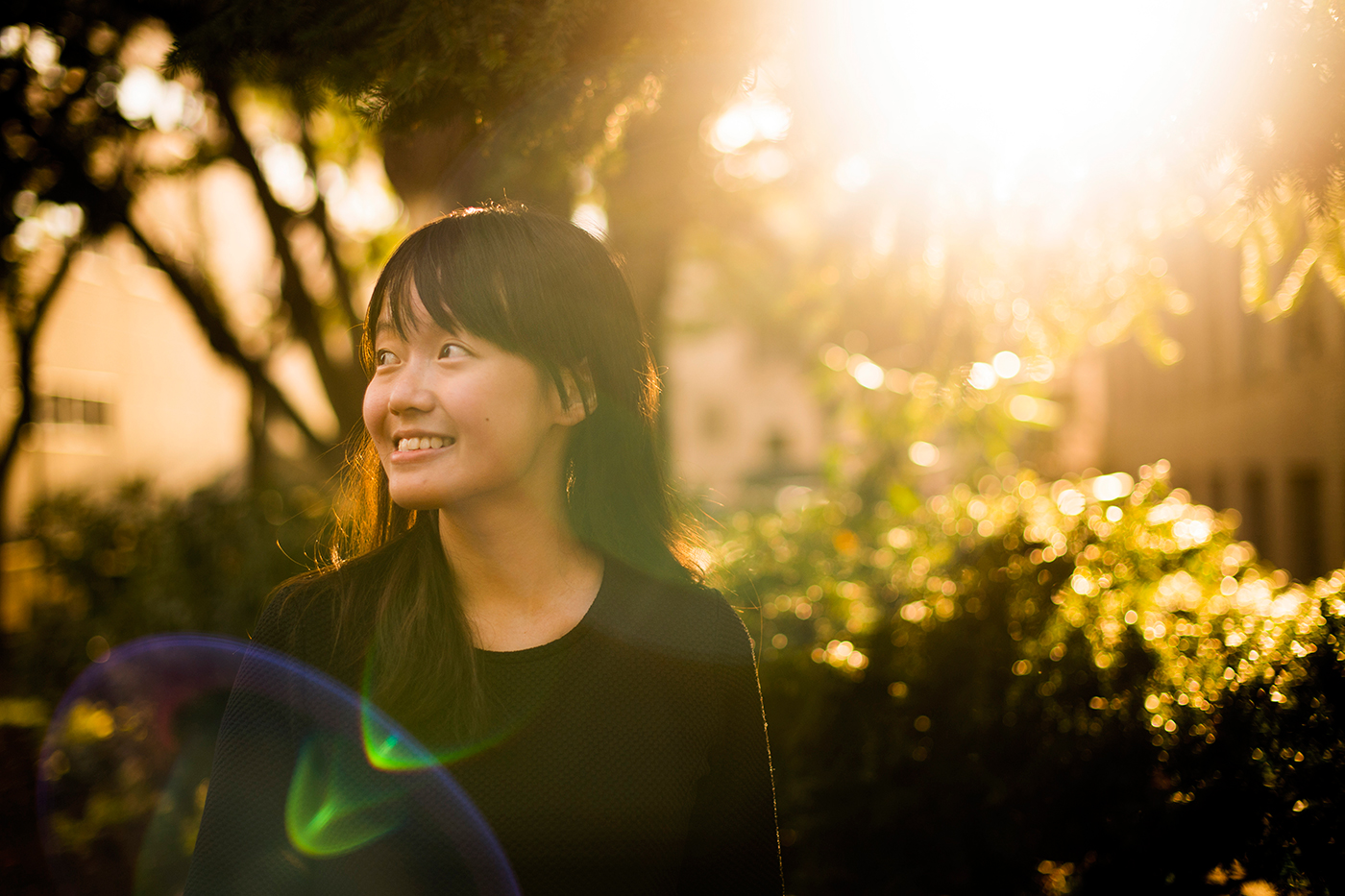
Crystal Chan
Chinese University of Hong Kong
Together with a team of her peers, Chan developed a novel way to standardize body weight testing in Chinese youth—a particularly complex issue given the rapidly changing bodies of 6-, 7-, and 8-year-olds. “What we’ve discovered is that the ratio of waist circumference to height is a much more accurate measure of whether a child is at risk for obesity,” she said, compared to a body-mass index figure.
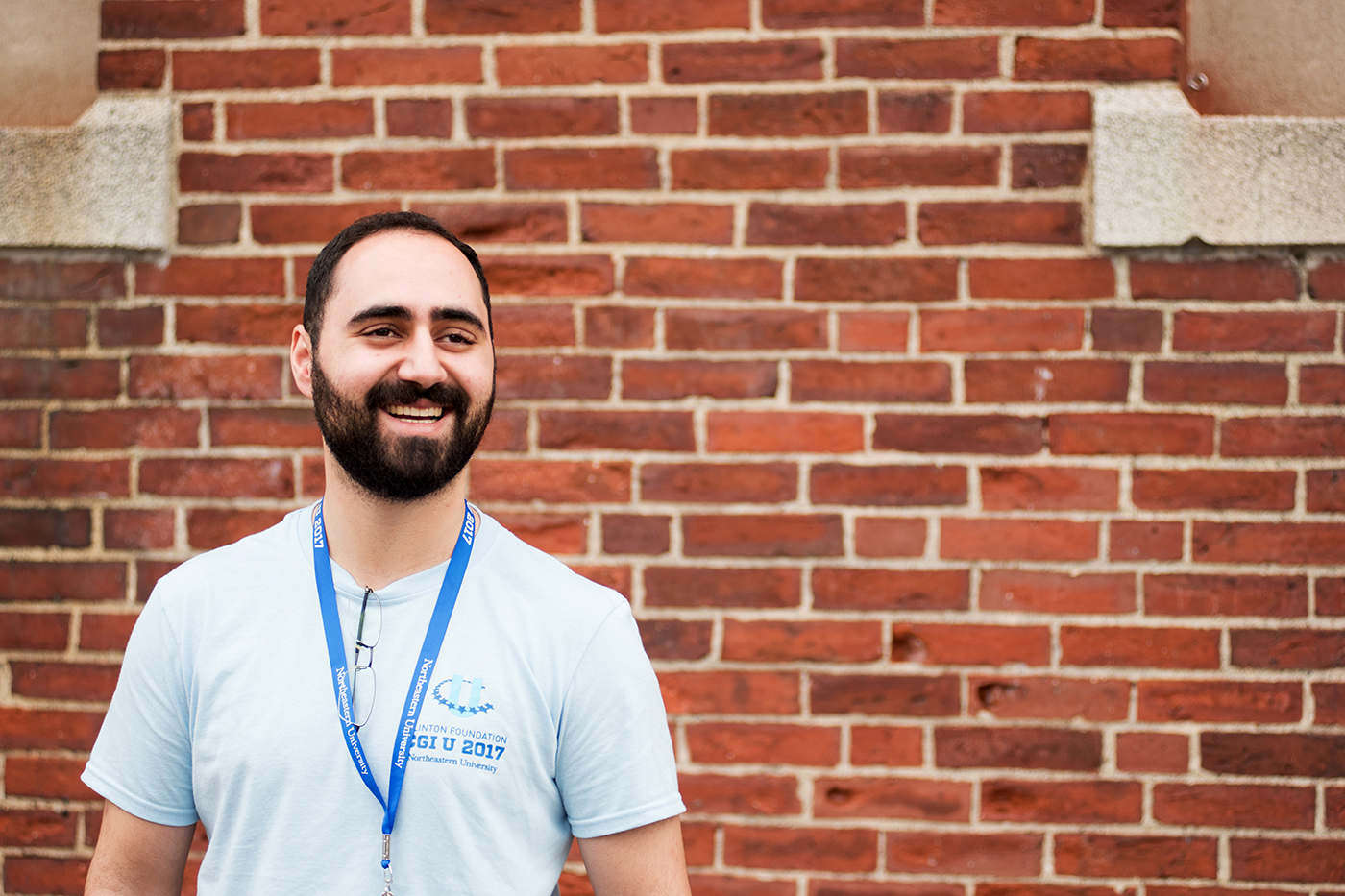
Marcelo Diogo Sousa Rodrigues
University of Fortaleza, Brazil
Concerned about deforestation and the decimation of communities that rely on forests, Rodrigues created The Legal Wood Online, an effort to “break the mafia’s illegal timber trade,” he said. The program will help bolster the environment and create pathways for communities to generate income through responsible consumption of forestland.

Vivien Aruwa
Miami Dade College
Aruwa, who is the first person in her family to attend college, founded Bombshell in Business, a platform for first-generation college students to get advice before heading into their professional careers. “It’s a one-stop shop for mentors,” she explained. “There are so many questions you have when you’re going on an interview for the first time or writing a resumé. This is the place to ask those and get answers from successful working women.”

